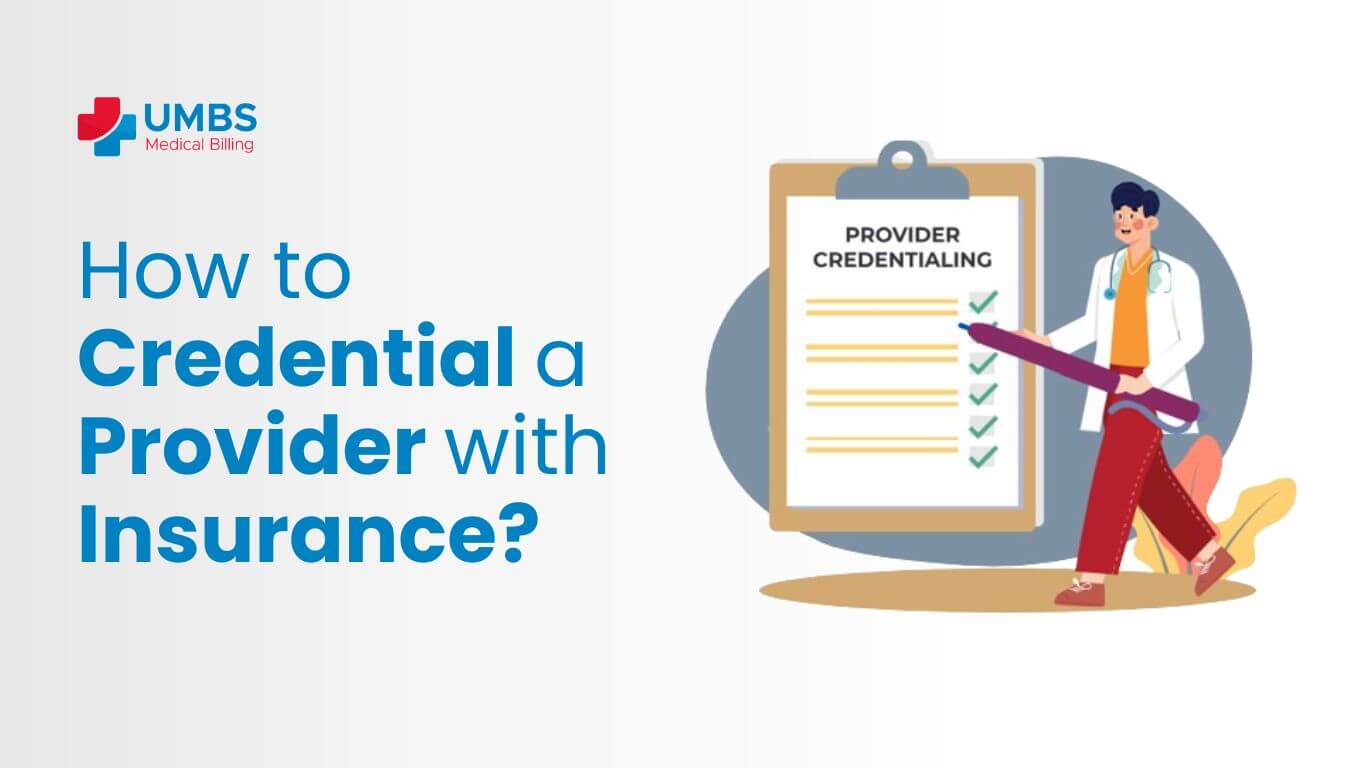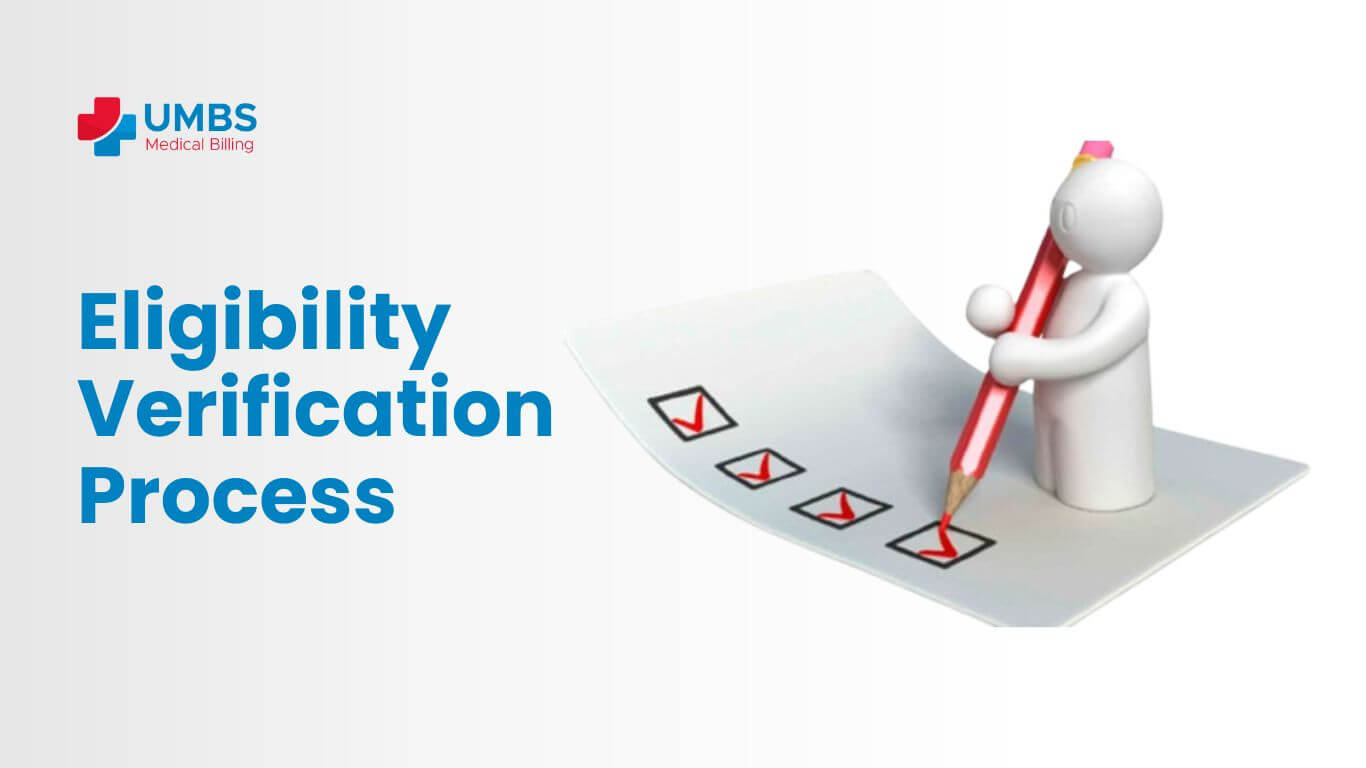In the ever-evolving landscape of healthcare, revenue cycle management (RCM) stands as a critical pillar supporting the financial health of medical practices and healthcare facilities. At its core, RCM encompasses the complex processes involved in managing patient billing, claims submission, reimbursement, and financial optimization. Given its intricacies and the constant evolution of regulations and technology, effective RCM hinges significantly on one often-overlooked factor staff training.
The revenue cycle in healthcare is a multifaceted process that spans from the initial patient encounter to the ultimate resolution of billing and reimbursement. Within this cycle, various stages involve patient registration, coding, claims submission, payment processing, and account reconciliation. Each of these stages comes with its unique set of complexities, intricacies, and potential pitfalls.
Navigating a Regulatory Maze
The healthcare industry operates within a regulatory framework that’s as intricate as the revenue cycle itself. Staff members engaged in RCM must not only be well-versed in the operational intricacies but must also keep pace with an ever-evolving regulatory landscape. Two major pillars of healthcare regulation, HIPAA and the ACA, have introduced substantial compliance requirements, particularly affecting RCM. Training is essential to ensure staff members understand the nuances of these regulations, promoting adherence and mitigating legal and financial risks.
The Multifaceted Benefits of Staff Training in RCM
Efficiency and Accuracy
Proficiently trained staff can navigate electronic health records (EHRs) and billing systems with agility and precision. Their competence reduces the likelihood of errors in data entry, coding, and claims submission. This efficiency not only accelerates the revenue cycle but also enhances accuracy, which is pivotal for claims approval and revenue realization.
Regulatory Compliance
Compliance with healthcare regulations is not optional; it’s a legal obligation. Staff training ensures that employees understand the intricate web of regulations governing billing and reimbursement. This knowledge safeguards against costly penalties and legal ramifications, which can significantly impact an organization’s financial health.
Patient Data Security
The importance of patient data security cannot be overstated. Healthcare staff must be trained rigorously in handling sensitive patient information. Understanding data security protocols is essential to reduce the risk of data breaches, safeguard patient confidentiality, and prevent potential legal and reputational damage.
Revenue Maximization
Well-trained staff can recognize opportunities to optimize the revenue cycle. They can ensure that all billable services are appropriately documented and captured, which directly impacts revenue generation. Moreover, they excel in managing accounts receivable, reducing outstanding balances and accelerating revenue flow.
Patient Satisfaction
Billing and payment processes are integral components of the patient experience. Trained staff can provide clear and empathetic explanations of billing statements, insurance coverage, and payment options. This clarity and professionalism enhance patient satisfaction and reduce disputes, fostering a positive healthcare journey.
Reducing Claim Denials
Claim denials represent a significant source of revenue loss for healthcare providers. Many of these denials are preventable and stem from errors in coding, documentation, or claims submission. Staff training equips employees with the knowledge and skills needed to identify common causes of claim denials and take corrective actions, resulting in reduced revenue leakage.
Adaptation to Technology
The healthcare industry is continually embracing new technologies, such as electronic health records (EHRs) and advanced billing software. Staff training ensures that employees can effectively utilize these tools to their full potential. This not only streamlines processes but also harnesses technology’s capabilities for improved RCM.
Communication Skills
Effective communication is paramount in RCM, where staff interact with patients, insurance companies, and various stakeholders. Training programs can encompass the development of communication skills, ensuring that staff can convey complex billing information clearly, professionally, and empathetically.
Commitment to Excellence
Staff training in RCM is not a one-time event but a continual commitment to excellence. As healthcare regulations evolve, technologies advance, and patient expectations change, organizations must continually invest in enhancing their staff’s knowledge and skills. This ongoing commitment ensures that healthcare providers remain agile, adaptive, and successful in the dynamic healthcare landscape.
In conclusion, staff training is a cornerstone of effective revenue cycle management. It fuels efficiency, precision, regulatory compliance, patient satisfaction, and revenue growth, all while reducing the risk of errors, denials, and data breaches. By prioritizing staff training, healthcare organizations fortify their financial health, elevate patient experiences, and position themselves for long-term success in the ever-evolving healthcare landscape.





